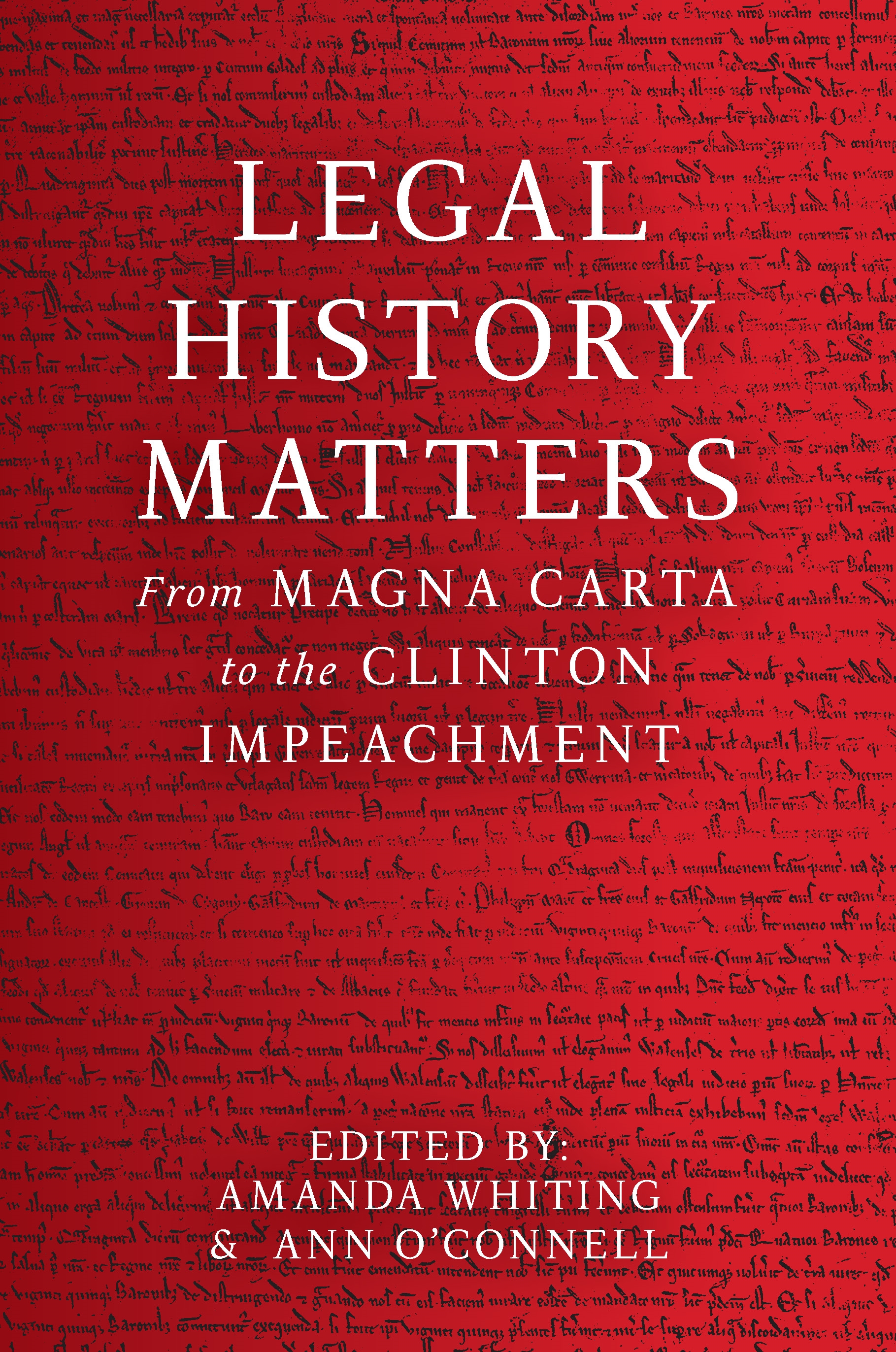
Legal history is a rich tapestry woven with the threads of human civilization, reflecting the evolution of societal norms, governance structures, and the pursuit of justice. In this journey through time, we unravel the chapters of legal history, examining pivotal moments, influential legal systems, and the enduring impact of past legal doctrines.
The roots of legal history stretch deep into ancient civilizations where early legal systems emerged. From the Code of Hammurabi in Mesopotamia to the Twelve Tables of Rome, these early legal codes laid the groundwork for principles that continue to influence contemporary legal thought. Understanding the foundations of these ancient systems is essential for tracing the origins of modern legal concepts.
The medieval period ushered in a complex interplay of legal structures, often shaped by feudal systems and ecclesiastical influences. Feudal laws and the emergence of common law in England marked pivotal developments. Delving into this era provides insights into the struggles for legal order amid the tumultuous backdrop of medieval life.
The Renaissance and Enlightenment periods were epochs of intellectual awakening that extended to legal thought. Legal scholars began challenging traditional doctrines, advocating for human rights, and promoting the idea of a social contract. These movements sowed the seeds of legal reform, laying the groundwork for modern legal principles centered on individual liberties and equality before the law.
The transition to modern legal systems saw the rise of codification, with legal scholars and lawmakers working to compile and systematize laws. Notable examples include the Napoleonic Code and the German Civil Code. This era witnessed efforts to standardize legal principles, providing a more coherent and accessible framework for justice.
Colonial expansion brought diverse legal systems into contact, shaping the legal landscapes of colonies and influencing global legal dynamics. Post-colonial periods witnessed the adaptation and often the reformulation of legal principles as nations asserted their independence. Examining these influences sheds light on the interconnectedness of legal history on a global scale.
The twentieth century was marked by significant legal milestones, including the establishment of international legal frameworks. The aftermath of World War II saw the creation of the Universal Declaration of Human Rights, laying the foundation for the protection of fundamental freedoms globally. Understanding these milestones is crucial for grasping the contemporary emphasis on human rights and international cooperation.
Civil rights movements in the mid-twentieth century brought legal challenges to systemic discrimination and segregation. Landmark decisions, such as Brown v. Board of Education in the United States, marked transformative moments in legal history, advancing the cause of equality and justice. Exploring these legal battles illuminates the ongoing struggle for civil rights.
The legal landscape of the twenty-first century is shaped by rapid globalization, technological advancements, and new ethical dilemmas. Legal systems worldwide grapple with issues such as cybercrime, data privacy, and environmental law. Examining contemporary legal challenges provides insights into how legal history continues to evolve in response to the complexities of modern society.
As we navigate the complexities of the present, a call for historical consciousness becomes imperative. Preserving legal heritage involves recognizing the lessons embedded in legal history, understanding the context of legal principles, and acknowledging the ongoing impact of past decisions on the fabric of justice. Legal history is not a static relic but a living force that shapes the trajectory of legal thought and practice.
In conclusion, the exploration of legal history unveils a continuum of ideas, struggles, and advancements that have shaped the legal systems we know today. From ancient codes to contemporary challenges, legal history is a dynamic narrative that invites us to reflect on the foundations of justice. For those eager to delve deeper into this historical journey, additional resources can be found at Legal History.









